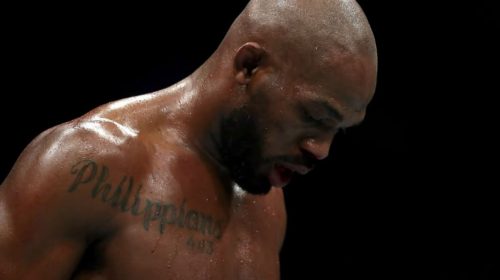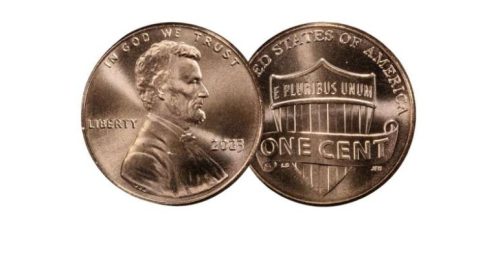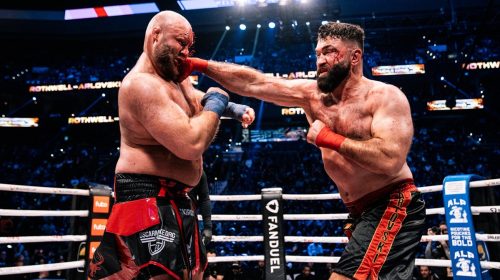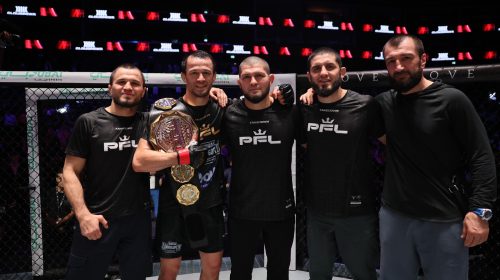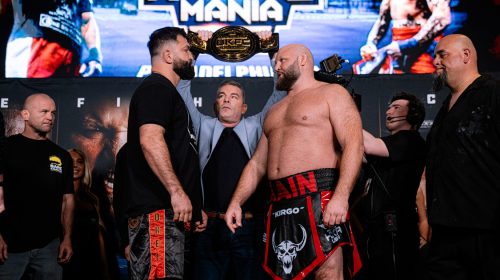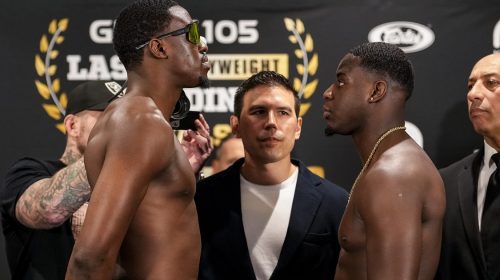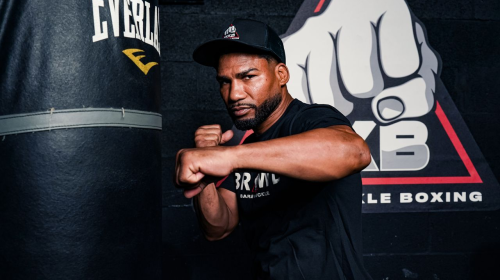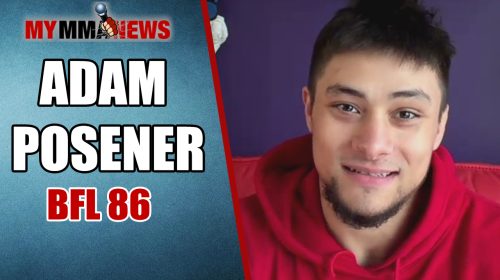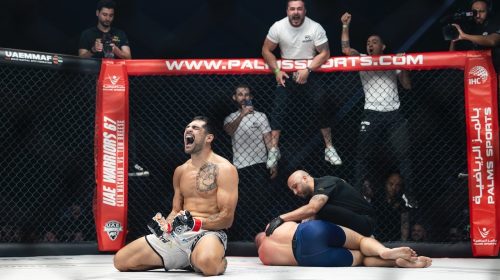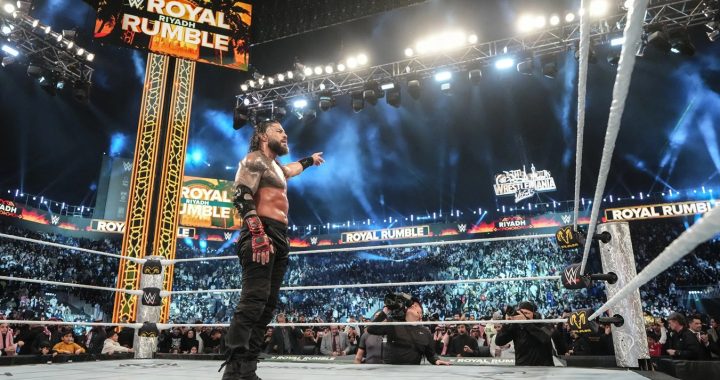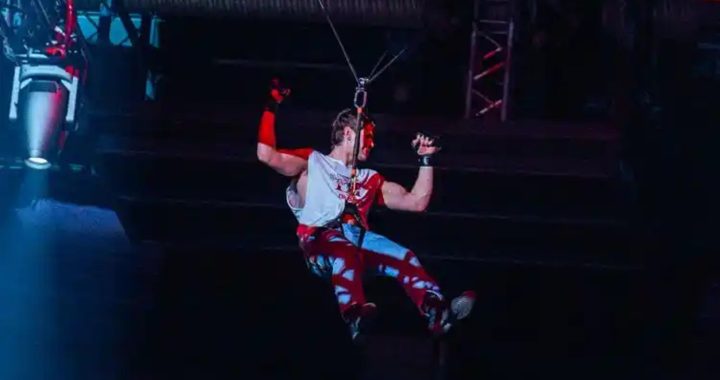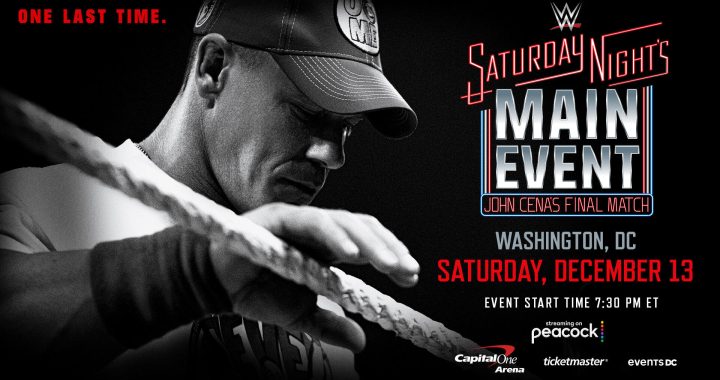
WWE Wins Appeal Battle over CTE Claims
World Wrestling Entertainment, WWE, has been the target of many lawsuits filed by former employees for safety hazards resulting in concussion injuries and long-term brain damage.
After a long, hard-fought legal battle, WWE emerged victorious as a federal appeal court banished over 50 lawsuits filed by many pro-wrestling stars.
The line-up of complainants featured pro wrestling legends from the ’80s and ’90s. Among the group of accusers was the late Jimmy “Superfly” Snuka, Mr. Wonderful “Paul Orndorff, Chris “King Kong” Bundy, and other other well-known figures. Each plaintiff filed a suit seeking settlement claims for alleged negligence in protecting them from serious injuries that they sustained while working for the company.
Per a report of one lawyer, after the death of Harry Fujiwara “Mr. Fuji” in 2016 and Snuka in 2017, CAT scan tests uncovered both were diagnosed with traumatic encephalopathy and CTE, while claims filed by other wrestlers stated they develop symptoms of dementia.
In light of these piling grievance cases from plaintiffs, the Appeal Court dismissed everyone’s lawsuits. According to the Second U.S Court of Appeals in New York, it was concluded that many of the accusations were impractical and did not make the proper deadline under the statute of limitations clause.
These types of legal battles have and are an everyday affair for WWE. More wrestlers followed suit, seeking claims for head injuries they received during their time working for the company. These cases were later dismissed.
The lawsuit asserts WWE Chairman Vince K. McMahon and his organization did not institute proper safety precautions for the wrestlers. However, the rebuttal of this statement by U.S District Judge Vanessa Bryant believes there is no evidence proving WWE had any knowledge of the after-effects of wrestler’s injuries and the link between CTE.
Head representative of the wrestling plaintiffs, Konstantine Kyros, deemed the ruling unreasonable and lacked significant reasoning to combat each wrestler’s appeal.
“In its conclusory assertions, the injured wrestlers find no justice having been denied a day in court,” Kyros told The Associated Press on Wednesday. “Per this mandate wrestlers have no rights, no rights to bring a lawsuit, no rights to help from WWE for CTE & head injuries, no rights as misclassified employees, no rights to a jury, and ironically no right to even appeal!”
As a result of Kyros’s defiance, Judge Bryant would dismiss Kyros’s appeals and order him to pay WWE in legal fees for failing to comply with court orders.
The sports franchise itself has a glooming history of its athletes sustaining CTE , resulting in countless lawsuits against their employer. The NFL settled for close to $ 1 Billion, while the NHL settled for $ 18.9 Million for its safety infractions. More dangers come with being a professional wrestler. The physicality nature of the art merged with the scripted and choreographed elements that make a wrestling match presents many risks for the performer. The company’s listed job duties suggest they are responsible for the wrestler’s injuries, thus have made them the subject of many lawsuits of the company’s history.

